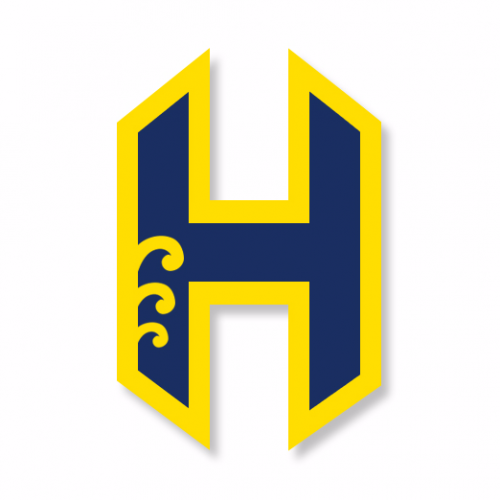
Principals Report
Kia ora koutou. Talofa. Kia Orana. Malo e lelei. Bula. Fakaalofa atu. Namaste. Kumusta. Haere mai ki Te Kura Huruhuru Ao o Horomaka. Warm greetings to the Hornby High School community.
The year and the term have got off to a wonderful start. Our Athletics Day was an outstanding success, with over a third of the school participating in the competitive events on the day. We have just held our academic awards assembly, celebrating 2017 academic achievements from last year’s Year 11 and Year 12 students. Achievement showed improvement yet again, with some outstanding individual accomplishments.
These two events alone show the depth of student talent across the spectrum of activity. Our heartiest congratulations to everyone for your achievement.
It is timely to remember, as we do in assemblies, that these celebrations of achievement reflect our school values of Commitment, Achievement, Resilience, and Respect. The achievement that we celebrate comes about because of our pursuit of our other values. Commitment, resilience and respect are the foundations of achievement. These values are the drivers of the hard work essential to success; where raw talent is not accompanied by hard work, hard work will beat raw talent every time.
Elsewhere in this newsletter we celebrate the individual sporting achievements of Jordan Coleman and Christina Fifita. They are outstanding sportspeople, and the acknowledgements that they have already received owe much to both their talent, and their work ethic.
On a different note, your engagement with us as a school is essential to our success. We have been doing a lot of perhaps unseen work to improve the ways in which we communicate with you using digital media. The new format for our newsletters was designed to give us a ‘fit for purpose’ communication tool with which to deliver information in a readable format on a timely basis. We have also had our school website rebuilt from the ground up, and it’s new format is much easier to read, and more useful. We are currently in the process of ‘populating’ it (if I can use the IT industry jargon) with new and relevant content. Our new site is more easily updated and at lower cost, both factors that we hope will allow us to maintain more useful communication with you. Finally we have just embarked on the process of creation of a school phone app. Phone apps are becoming a very popular form of communication between schools and community as most of us have a smartphone in our pockets these days. We’ll let you know when we have something to roll out to you all.
We should never forget however that face to face communication is still the best. This is your school, and you should feel free to call in to the school to discuss important issues. It is often useful to make an appointment, as we all lead very busy lives, but that communication with you is our priority.
As a final note on communication, never underestimate the usefulness of communication with other whānau. It is easy to feel isolated. One of the more challenging issues lies with alcohol and social media use. Teens may easily tell you that ‘everyone else does’, you wonder who everyone else is, and end up feeling inadequate. It’s not so. We know that alcohol and drugs have a negative impact on the adolescent brain, causing observable physical damage to brain structures. If your teen tells you that others are allowed to consume alcohol and drugs, listen instead to your common sense. Get on the phone, talk to other parents.
Similarly with the use of social media. There is a growing body of evidence that social media has had a very significant negative impact on teen mental health, strengthening the sense of isolation (something that at first glance almost doesn’t make sense), and creating opportunities for bullying behaviour. It is useful to remember that use of social media before the age of 13 years old contravenes social media terms and conditions. If your children are under 13 years old, they should not have Facebook, Snapchat, and other social media accounts. Some rules of thumb:
Never allow your young teen to have their digital devices in their bedrooms where they can isolate themselves, especially in the night
Try to make sure that they use digital devices in a ’public space’ in the home
Online behaviour should be driven by the same values as face to face behaviour. If you wouldn’t say a thing to someone’s face, don’t say it online.
Staff have also been reviewing our rules around the use of smartphones especially at school. We’ll communicate more with you soon.
Again this year we are funding workshops with John Parsons, global cyber safety expert, presenting to students, staff and the community. John’s community and whānau presentation will take place on the evening of Thursday 22 March. Those who attended last year were excited by what they saw and heard. The presentation is free, so mark your calendars. We’ll get more information about time and place to you on this soon.
Nga mihi nui
Robin Sutton
